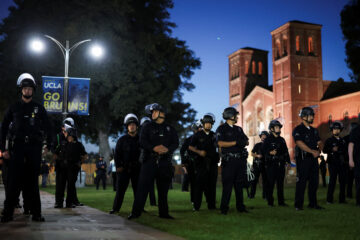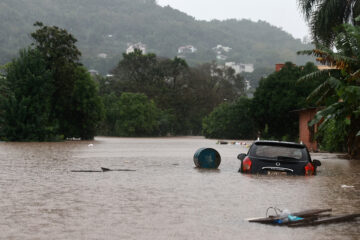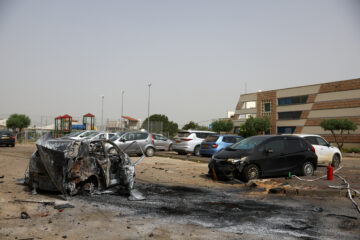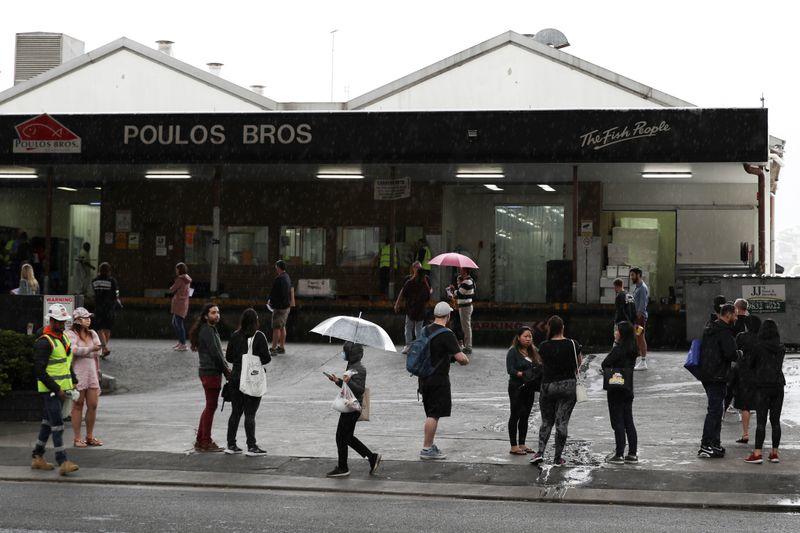African leaders tell Putin: ‘We have a right to call for peace’
African leaders pressed Russian President Vladimir Putin on Friday to move ahead with their plan to end the Ukraine conflict and to renew a deal crucial to Africa on the safe wartime export of Ukrainian grain, which Moscow tore up last week.
While not directly critical of Russia, their interventions on the second day of a summit were more concerted and forceful than those that African countries have voiced until now.
They served as reminders of the depth of African concern at the consequences of the war, especially rising food prices.
“This war must end. And it can only end on the basis of justice and reason,” African Union Commission Chairman Moussa Faki Mahamat told Putin and African leaders in St Petersburg.
“The disruptions of energy and grain supplies must end immediately. The grain deal must be extended for the benefit of all the peoples of the world, Africans in particular.”
Reuters reported in June that the African plan floats a series of possible steps to defuse the conflict, including a Russian troop pull-back, removal of Russian tactical nuclear weapons from Belarus, suspension of an International Criminal Court arrest warrant against Putin, and sanctions relief.
Putin gave it a cool reception when African leaders presented it to him last month. In public remarks on Friday, he restated in similar terms his argument that Ukraine and the West, not Russia, were responsible for the conflict.
Congo Republic President Denis Sassou Nguesso said the initiative “deserves the closest attention”, calling “urgently” for peace.
South African President Cyril Ramaphosa told Putin: “We feel that we have a right to call for peace – the ongoing conflict also negatively affects us.”
The stream of calls prompted Putin repeatedly to defend Russia’s position and finally make an eight-minute statement, later issued by the Kremlin in a video, at the start of evening talks with the African leaders behind the peace plan.
He again accused the West of backing a “coup” in Kyiv in 2014 – when a wave of street protests forced Ukraine’s pro-Russian president to flee – and of trying to draw Ukraine into the U.S.-led NATO military alliance and undermine Russian statehood.
He said it was Kyiv that was refusing to negotiate under a decree passed shortly after he claimed last September to have annexed four Ukrainian regions that Russia partly controls, adding: “The ball is entirely in their court.”
‘NEW REALITIES’
Russia has long said it is open to talks but that these must take account of the “new realities” on the ground.










